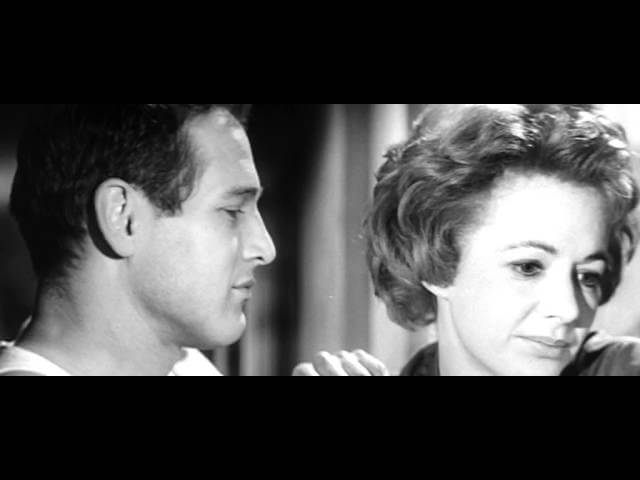Like its reckless hero, The Hustler lost to a bigger opponent

Every day, Watch This offers staff recommendations inspired by a new movie coming out that week. This week: With the Oscars airing on Sunday, we look back at Best Picture nominees that should have won.
The Hustler (1961)
One of the reasons so many serious cinephiles hate the Academy Awards is that they turn movies into racing horses, to be betted on and pitted against each other in pointless contests of merit. Art, the Oscar haters remind, is not a zero-sum game. All that being said, sometimes stacking one thing against another can help you sort out your sensibilities and figure out what you truly value. The Oscars provide that annual opportunity, never more so then when the Best Picture lineup lumps together something big and flashy and populist with something small and gritty and idiosyncratic. The 1962 ceremony offered one such pairing, when Robert Rossen’s tough gambling drama The Hustler took on the unstoppable juggernaut that was West Side Story.
Not that it was much of a competition: A high-grossing Broadway transplant that won 10 of the 11 awards for which it was nominated—a record for a musical—West Side Story cleaned house. And in some ways, it wasn’t so different from The Hustler: Both films are adaptations, shot and (primarily) set in New York City, with doomed love stories at their centers and tragedy at their ends. Hell, one can almost imagine Paul Newman’s hotheaded young pool shark Eddie Felson within the ranks of West Side Story’s white gang, The Jets. But in more fundamental ways, Rossen’s movie was the alternative—black-and-white to Story’s Technicolor, an intimate character study told on a small canvas. To vote for it would have been to vote for a different kind of Hollywood hit. And in 1961, when world cinema was evolving fast, its (impossible) victory would have seemed in sync with the changing face of the medium.
 Keep scrolling for more great stories.
Keep scrolling for more great stories.
